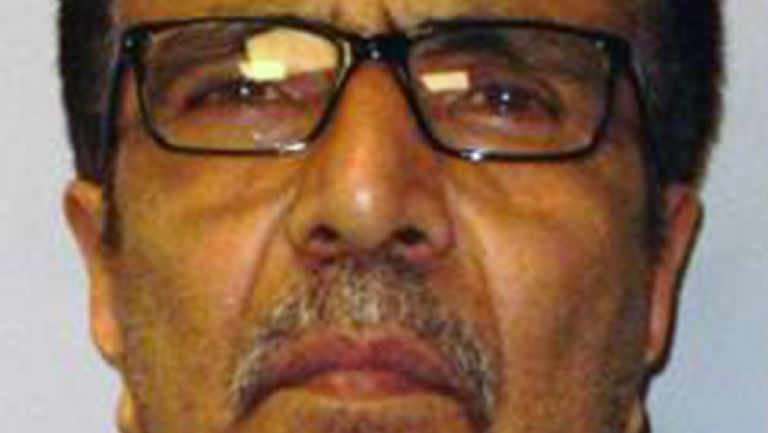After 39 years on the run, pristine record keeping of former force helps to convict killer
Police and prosecutors are being asked to explain why a fugitive murderer was allowed to live in unconstrained freedom for almost 40 years.
Police and prosecutors are being asked to explain why a fugitive murderer was allowed to live in unconstrained freedom for almost 40 years. Riasat Khan, who is now 63, was last week convicted of murdering restaurant owner Kazi Ahmad in an Aberdeen flat in October 1978. Khan was working as a chef in the citys Raj Dulal restaurant on Dee Street when he attacked and robbed his 41-year-old boss, stabbing him several times in the neck and body. He took a train to Edinburgh and placed a number of large bets at a bookmaker, using money he had taken from the restaurateur. A nationwide police investigation with a warrant out for Khans arrest quickly went international when he fled to Greece, before returning to his home in Pakistan. But in the early 90s, he returned to the UK and was living in Cardiff until he was arrested as he tried to board a flight to Pakistan from Birmingham Airport last year. At the High Court in Edinburgh, judge Lord Beckett demanded prosecution lawyer Jane Farquharson explain why it took nearly four decades to bring Khan to justice. I want to know why it has taken 39 years for this matter to go to court, and why this person has been living in unconstrained freedom for so long, he told her. I want to know as much as possible before I impose sentence in this case. Ms Farquharson said she was unable to provide answers immediately, but added that prosecutors would find out ahead of sentencing on November 24 at the High Court in Glasgow. Despite the rebuke from the judge, Police Scotlands Detective Superintendent Jim Smith paid tribute to the rigorous work of his 70s predecessors in helping bring the killer to justice. Det Supt Smith said the pristine record keeping of the then Grampian Police investigators meant vital evidence could still be used. And the guilty murder verdict handed down by the jury after a five-day trial showed time is no barrier to justice, added the detective. He said: I would like to pay tribute to the family of the victim, its a long time to wait for justice and hopefully todays verdict will give them some closure after the death of their loved one in 1978. There were diligent inquiries back in 1978 and they continued right the way through until his arrest. Lets be clear time is no barrier to justice. Grampian Police retained the material we had to work with fantastically well, the statements were all pristine, and the productions were in a position where we could work with them and do some additional forensic work. Working closely with our colleagues in pathology and forensics, we were able to bring matters up to a standard where they could be presented to a court in 2017. Some of the evidence from previous investigations produced at the trial included a betting slip, which was found to have a fingerprint from Khan on it, and an image of Khan wearing a distinctive striped shirt. The jury heard the same item of clothing was found stuffed behind a water tank following the murder. Khan claimed during the trial he acted in self-defence because his victim had lost his temper and alleged Mr Ahmad wanted him to perform sex acts on him. The son of Mr Ahmad, born 11 days after his death, said it had been hard to live my life knowing he died of murder, adding: The way he killed him was beyond brutal and the worst thing is he has showed no remorse at all. On the conviction, he said: We are obviously happy with the verdict, but he has had 39 years now as a free man. We want the judge to give him a proper sentence and for him to be locked up for the rest of his life. We want justice.


